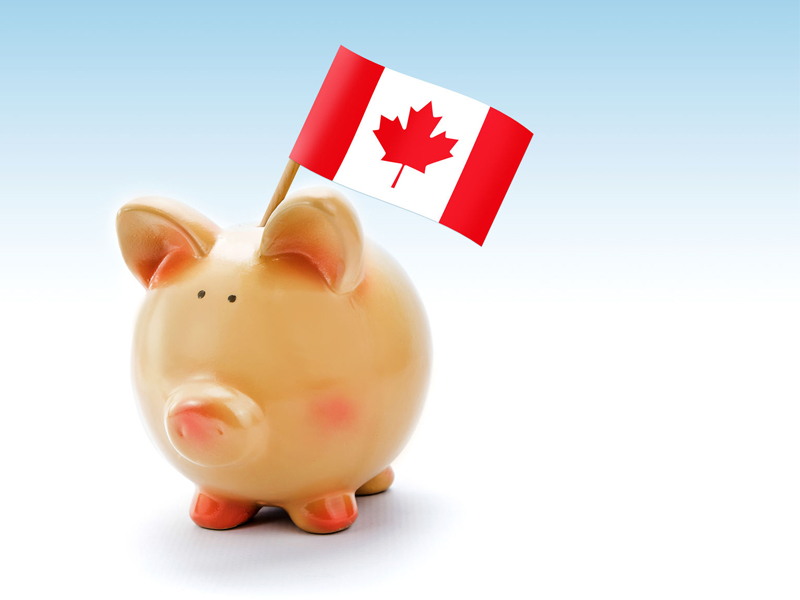
Despite the negative effects of the Covid-19 outbreak on Canada’s growth outlook, and the federal government’s emergency spending to relieve the impact, DBRS Inc. is confirming Canada’s AAA sovereign rating and maintaining its stable outlook.
In a research note, the rating agency said the government’s strong balance sheet has plenty of room to absorb a large, short-term negative shock.
“Notwithstanding the deep recessionary outlook in the near term, Canada has substantial capacity to absorb shocks and cope with pending challenges without putting downward pressure on the ratings,” it said.
DBRS noted that Canada’s credit profile is underpinned by the country’s large, diverse economy, its prudent approach to macroeconomic policy, and its strong governing institutions.
While the effects of the pandemic and the collapse in oil prices “pose a clear downside risk to Canada’s growth outlook,” the economy was relatively strong before the crisis took hold, DBRS said.
“The unemployment rate was near its lowest level in over forty years and inflation was hovering around the Bank of Canada’s 2% target,” it noted.
This solid starting point puts Canada in a relatively strong position to weather the pandemic in the near term.
Measures to combat the outbreak could cause the federal deficit to widen from previous projections of $28 billion to more than $80 billion. DBRS said that additional fiscal support is expected, which could grow the deficit much further.
“While the public health crisis will need to subside for a recovery to firmly take hold, large and timely stimulus should lessen the damage stemming from the sudden stop in commercial activity and then accelerate the recovery by reinforcing pent-up demand as the virus-containment measures ease,” it said.
Additionally, DBRS noted that the Canadian banks are well-capitalized and have strong liquidity, “which should help them manage market volatility and absorb greater provisioning, if necessary.”
However, high household debt levels could force some households to reduce consumption and investment, it noted.
“Household deleveraging could end up dampening the recovery,” it said.
“Once the shocks dissipate, the Canadian economy is expected to expand at a moderate pace over the medium term,” DBRS said.